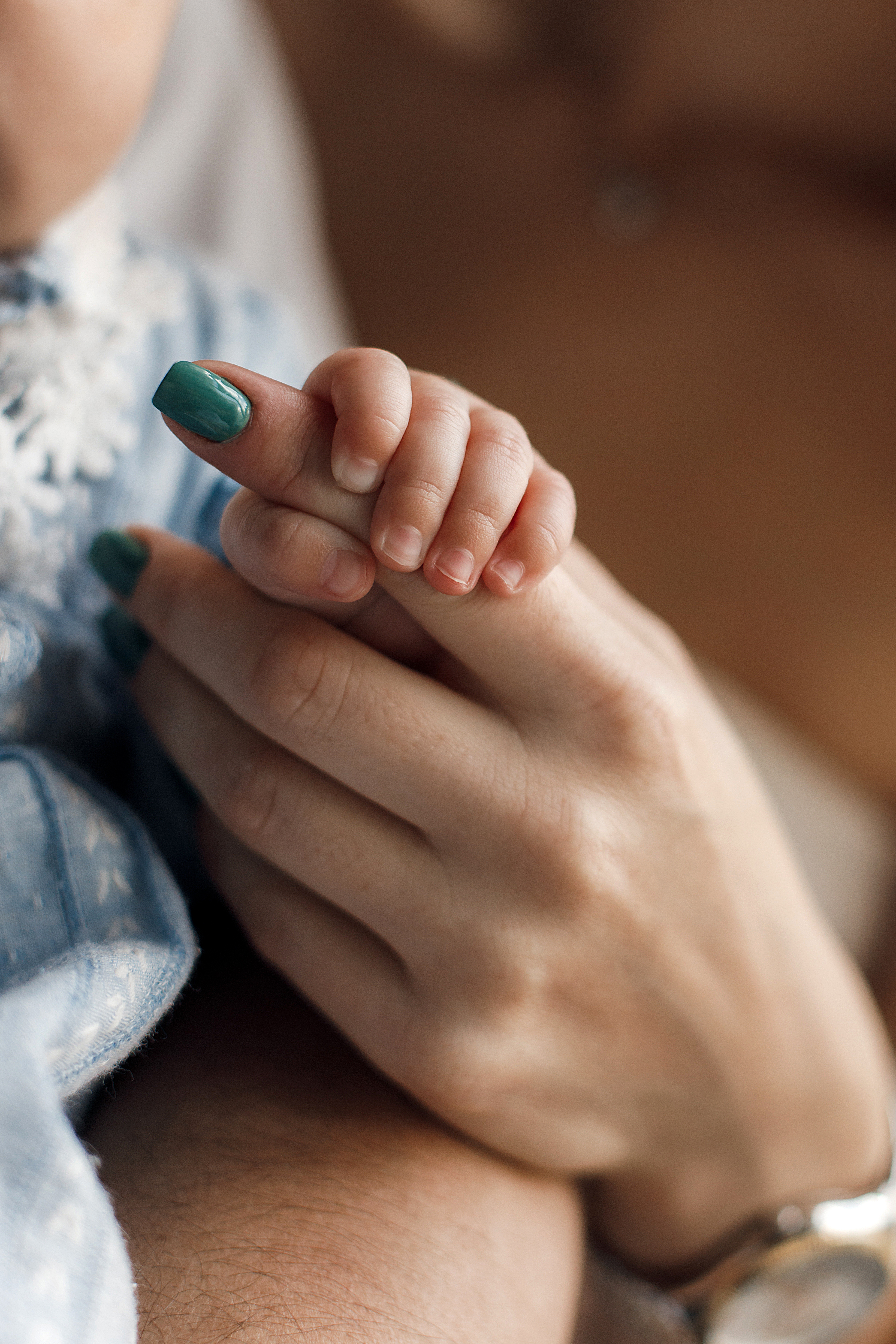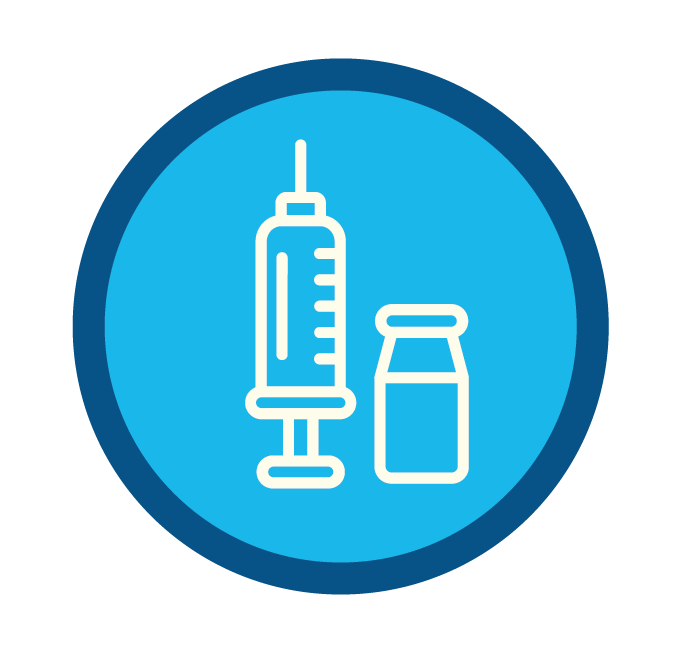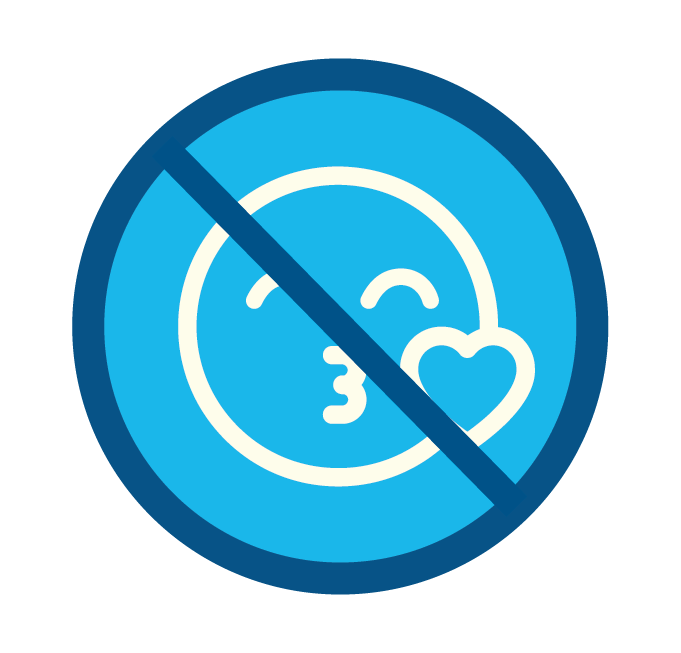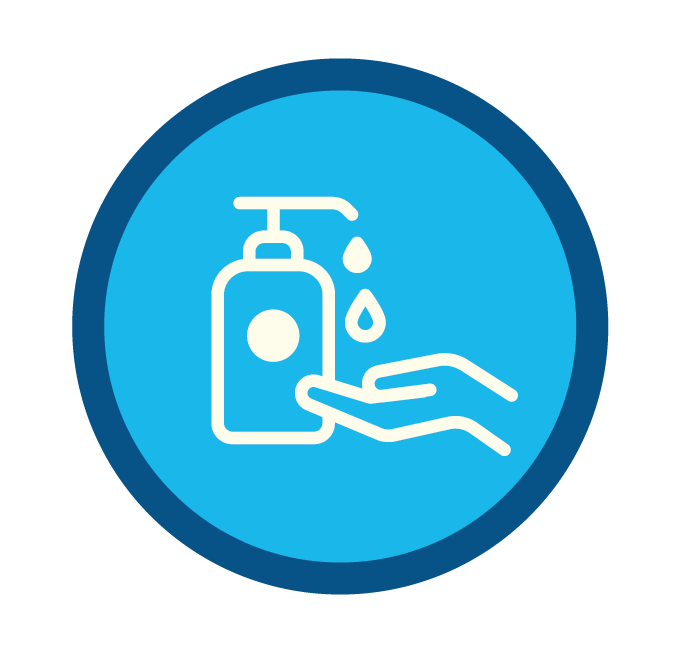3 Things to Know About the Respiratory Syncytial Virus (RSV)
Respiratory Syncytial Virus (RSV) is a virus that can cause respiratory infections in people of all ages. It can appear in the form of common cold symptoms for healthy adults. However, simple cold-like symptoms can escalate to more
serious conditions for those with weaker immune systems.
Variety Care offers the RSV vaccine to infants and pregnant women. See if you or your baby qualifies for the RSV vaccine.
RSV is especially concerning for infants less than one year old due to the high risk of contracting the virus. Don't worry. We have some helpful information so you can be proactive to keep your little ones safe.
Call to Schedule an Appointment
1. Why is RSV Dangerous for Babies?
Infants need time to develop their immune system. After birth, they need time to adjust and build immunity against common infections. When infants contract RSV, they are more likely to experience serious complications, such as bronchiolitis or pneumonia. In severe cases, their symptoms can escalate and lead to hospitalization.

Symptoms of RSV infection may include:
- Runny nose
- Coughing
- Sneezing
- Fever
- Wheezing or difficulty breathing
2. When is RSV season?
RSV occurs yearly during the fall season between October until spring. Peak RSV season occurs in December and January, but may vary each year.
People of all ages may contract and carry this virus, but infants and young children are most succeptible to the virus. Exposure to the respiratory virus primarily happens outside of family homes at childcare centers or schools. Adults ages 60 and older also have an increased risk of developing complications from this respiratory virus.
It's essential to be on guard during these months and take preventive measures to protect those with weaker immune systems.
3. Who Can Receive the RSV Vaccine?
Good news - there is now a vaccine to help shield babies from respiratory synctyial virus. Which babies are eligible for the vaccine? The CDC recommends RSV vaccination for the following children.
- Infants less than 8 months old
- Immunocompromised babies younger than 19 months old are eligible for the RSV vaccine.
- Pregnant women 32 to 36 weeks pregnant
Immunocompromised babies younger than 19 months will need two doses due to their weakened immune system. Administer the second RSV vaccine dose 28 days after receiving the first dose. Ensure your baby receives the full protection needed to face the RSV threat.
| Age | Number of Doses |
| <8 months | 1 |
| Immunocompromised <19 months | 2 |
The respiratory syncytial virus vaccine is not a guarantee that your child will not get the infection. However, it is highly effective in reducing the severity of symptoms your infant may experience.
Speak with your child’s pediatrician to address any concerns you may have. If you do not have a pediatrician, Variety Care offers same-day pediatric appointments. You may request an appointment through the MyChart app or call 405-632-6688
Prevent the Spread of RSV
Wash Hands Often
Wash hands often with soap and lather for at least 20 seconds. Washing hands often prevents the spread of germs and viruses on surfaces.

Get Vaccinated
Vaccinate your baby to reduce the risk of developing serious symptoms. There are several clinics that offer the RSV vaccine in Oklahoma metro areas.

No kisses
Adults and young children should avoid kissing vulnerable infants that have not had the chance to build a strong immune system. This will prevent the chances of spreading viruses to infants.


